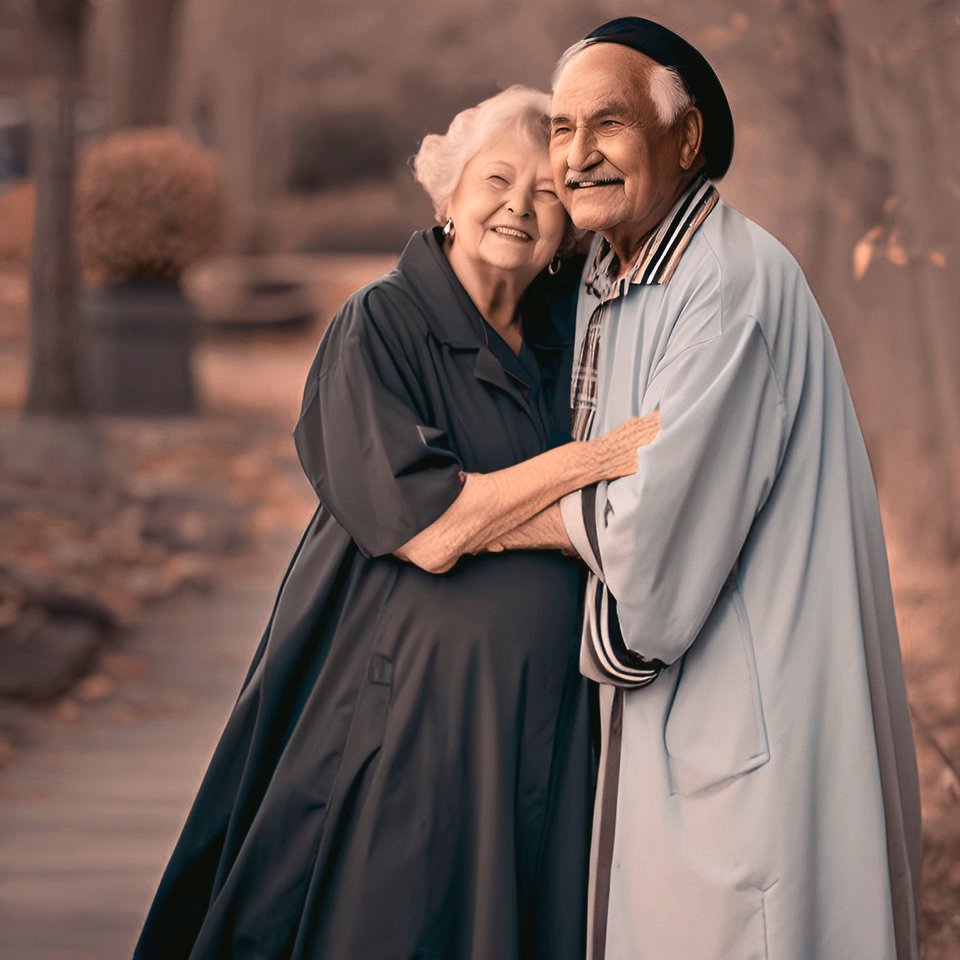Navigating the Ethical Landscape of Photography: Exploring Consent, Reality, and Responsibility
Navigating the Ethical Landscape of Photography: Exploring Consent, Reality, and Responsibility
In the vast tapestry of human experience, photography serves as a powerful tool for capturing moments, emotions, and stories. Yet, woven within this tapestry are intricate threads of ethical considerations that shape the practice and perception of photography. At the heart of these considerations lie questions surrounding consent, the representation of reality, and the photographer’s role as a witness to significant events. In this comprehensive exploration, we delve deep into the ethical nuances of photography, unraveling its complexities and pondering its profound implications on individuals and society.
Consent of the Subject:
The ethical imperative of obtaining consent from subjects before capturing their image lies at the core of responsible photography. Every photograph represents a fragment of someone’s identity, a snapshot of their life frozen in time. Without their consent, the act of photographing individuals can be seen as an intrusion upon their privacy and autonomy. Therefore, photographers must navigate this delicate terrain with care and consideration, ensuring that their subjects are fully informed and willingly participate in the photographic process.

In today’s digital age, where cameras are ubiquitous and images can be shared instantaneously across vast networks, the issue of consent becomes even more complex. Street photography, for example, often blurs the lines between public and private spaces, raising questions about the boundaries of consent in public settings. While some argue that individuals in public spaces implicitly consent to being photographed, others emphasize the importance of respecting personal boundaries and seeking explicit permission when possible.
Furthermore, photographers must be mindful of power dynamics and vulnerabilities that may impact a subject’s ability to provide meaningful consent. In situations where individuals may feel coerced or exploited, obtaining consent becomes not only an ethical imperative but a moral obligation. By prioritizing the dignity and agency of their subjects, photographers can uphold the principles of respect and integrity that underpin ethical photography practices.
Representation of Reality:
Photography has long been revered for its ability to capture reality with unparalleled fidelity. However, the advent of digital technology has ushered in a new era of manipulation and distortion, blurring the line between truth and fiction. Photo editing software allows photographers to alter images in ways that can significantly diverge from reality, raising ethical concerns about authenticity and transparency.

The ethical dilemma lies in determining where to draw the line between artistic expression and deceptive manipulation. While some argue for strict adherence to the principles of realism, others advocate for the creative freedom of photographers to interpret and enhance their images. At the heart of this debate lies the responsibility of photographers to maintain the integrity of their work and uphold ethical standards of honesty and transparency.
Moreover, photographers must consider the broader societal implications of their representations, recognizing the power dynamics inherent in the act of photographing and the potential impact of their images on individuals and communities. By engaging in thoughtful reflection and dialogue, photographers can navigate the ethical complexities of representation with sensitivity and discernment, fostering a deeper understanding of the ethical responsibilities inherent in the practice of photography.
The Photographer as Witness:
Photographers often find themselves in the role of witnesses to significant events, bearing witness to moments of triumph and tragedy, hope and despair. Whether documenting protests, conflicts, or humanitarian crises, they play a vital role in shaping our collective memory and understanding of the world around us. As such, photographers have a moral obligation to accurately capture and convey the realities they observe, without succumbing to sensationalism or bias.

However, this role as a witness also comes with ethical challenges, particularly concerning the impact of their work on subjects and audiences alike. Photographs have the power to evoke strong emotions and provoke action, but they must be wielded responsibly to avoid exploitation or harm. Moreover, photographers must consider the potential consequences of their images, including the safety and dignity of their subjects, as well as the broader societal implications of their portrayal.
In conclusion, ethics permeate every aspect of the photographic process, from the initial act of capturing an image to its dissemination and interpretation. As photographers, we must constantly reflect on the ethical implications of our work and strive to uphold principles of respect, integrity, and social responsibility. By navigating issues such as consent, representation, and witness with sensitivity and discernment, we can harness the transformative power of photography for positive change in the world.
If you are interested in contacting me, you can do so through the contact page or by sending an email to obarra@obarra.blog.
If you want to visit my Facebook page you can do it here
